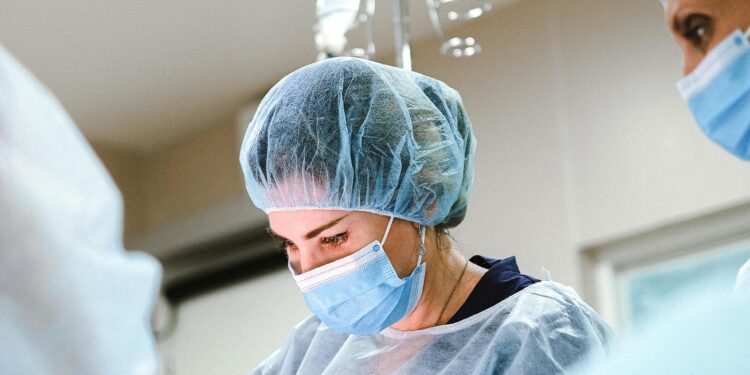Hernia is a condition that is characterized by bulging of an organ or tissue in a weak spot of the body muscles. There are a couple of symptoms hernia comes with which include visible bulge or lump, pain in the hernia area whether groin or belly, aching sensation, swelling of the area, and difficulty moving. Hernia also comes in different types like inguinal hernia, umbilical, femoral, hiatal, incisional, and epigastric hernia.
Now that we’ve known the basics of hernia, we’re going to look at what happens when hernias aren’t managed properly, how doctors figure out if you have one, and what you can do to both treat and prevent them. In essence, this article is going to be a breakdown of potential complications, diagnosis and treatment options for hernia.

Complications of Hernias
If a hernia isn’t treated, it can lead to some pretty serious problems like a case called incarceration. Incarceration happens when the hernia gets stuck and can’t be pushed back into place. A case like this can cause a lot of pain and can even get worse if not treated.
Another complication of hernia is strangulation which is even more serious. Strangulation occurs when the blood supply to the herniated tissue gets cut off, which can cause the tissue to die.
Diagnosis of Hernias
When trying to figure out if you have a hernia, doctors usually start with a physical exam. They’ll check for any lumps or bulges in the area where you’re feeling pain. Sometimes, they might ask you to cough or do certain moves to see if the hernia becomes more visible.
If needed, they might use imaging tests like an ultrasound or a CT scan. These tests will give them a clearer view of what’s going on inside and help them see the size and location of the hernia.
Treatment for Hernias
With the breakdown of how intense hernia can be it’s only normal to wonder what the solution to this problem can be. Typically, there are two main options for a hernia case namely: watchful waiting and a hernia repair surgery, also known as herniorrhaphy.
As concerning as it may sound to just wait and watch, that’s one of the likely options you’d be recommended to go for if you first notice a hernia. If the hernia is small and not causing any problems, doctors might just keep an eye on it. This means you’d regularly check in with your doctor to see if anything changes.
However, if the hernia starts causing pain or getting bigger, a herniorrhaphy surgery would be needed. In this procedure, doctors push the hernia back into place and fix the weak spot in your muscles.
Conclusion
But all the stress of dealing with hernia symptoms and treatment can potentially be avoided if you take certain steps. One of the preventive tips for hernia is maintaining a good body weight. When you stay at a good weight, it helps reduce the amount of pressure on your belly which reduces the chances of hernia.
Furthermore, try to avoid pushing yourself too hard, especially when lifting heavy stuff or during bathroom time. Straining can lead to hernias. Lastly, when picking up something heavy, use your legs, not your back, and avoid twisting your body to prevent extra pressure on your stomach.

















